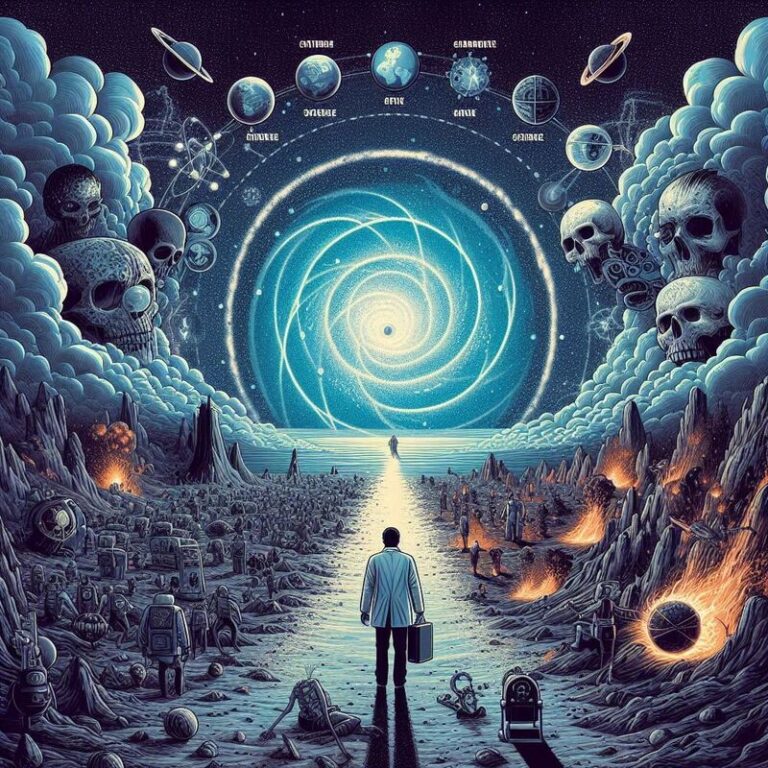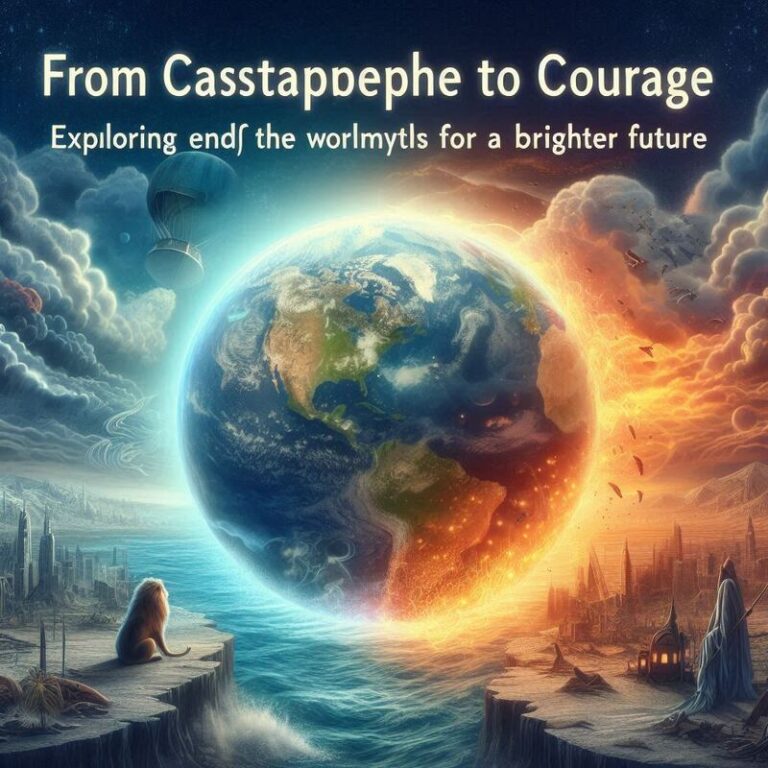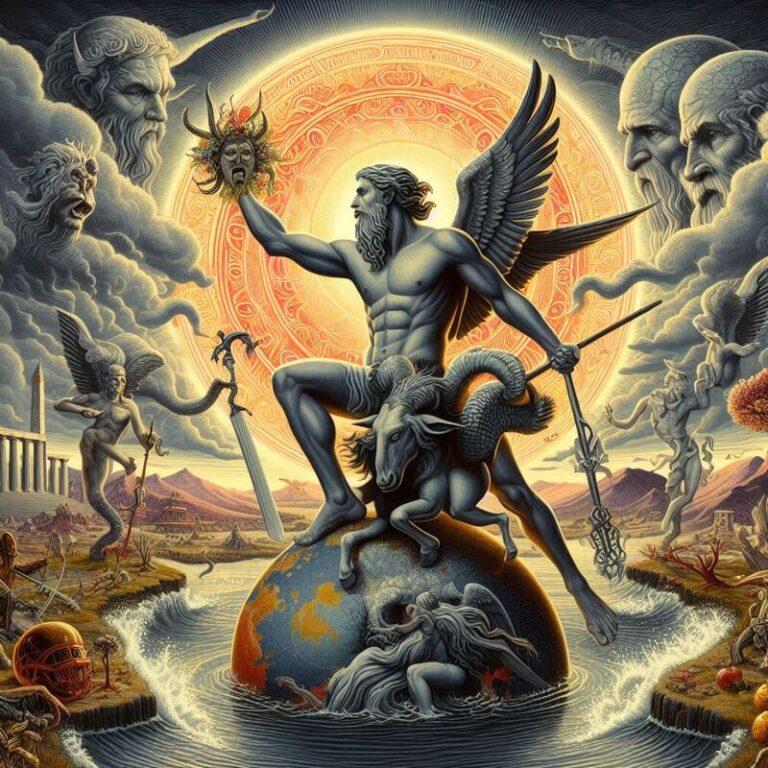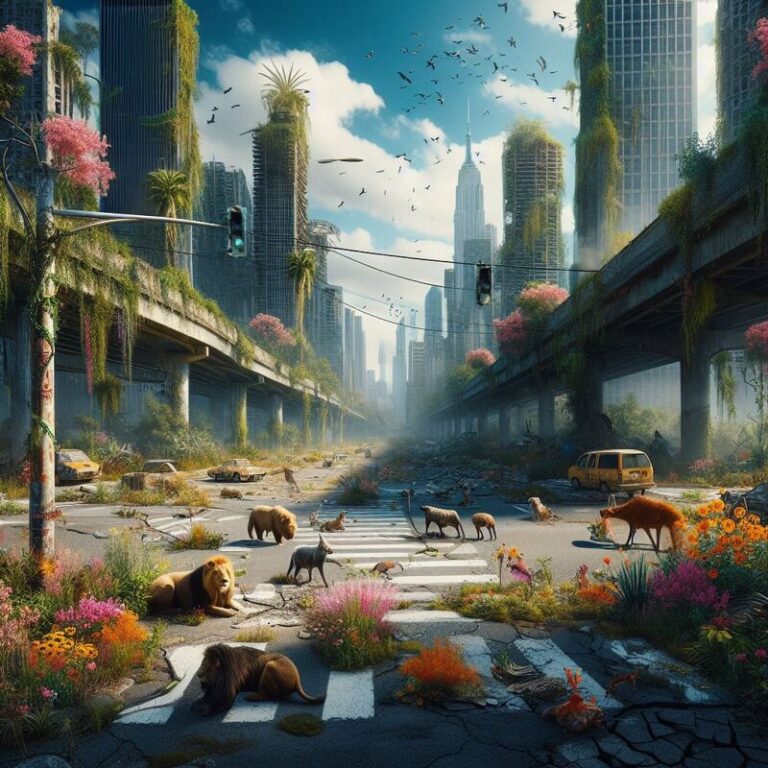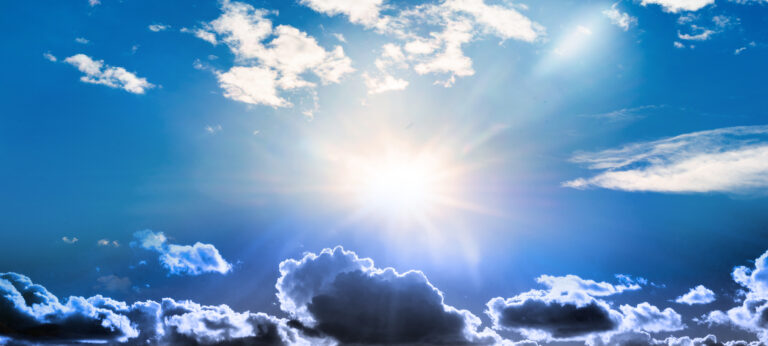
Category End of the World Myths
End of the world myths have captivated human imagination for millennia, reflecting our primal fears, cultural beliefs, and hopes for renewal. Across cultures and epochs, tales of apocalypse vary widely, but they often share common themes of cataclysmic events heralding the demise of humanity or the entire cosmos.
Ancient civilizations envisioned the world’s end through floods, fire, or cosmic upheavals, often attributed to vengeful gods or cosmic forces. The Biblical story of Noah’s Ark and the Great Flood, the Norse prophecy of Ragnarök, and the Mayan calendar predicting a world-ending event in 2012 are just a few examples.
In contemporary times, end-of-the-world scenarios have been influenced by scientific advancements and societal anxieties. Nuclear warfare, pandemics, climate change, and technological singularity are modern themes that fuel apocalyptic narratives in literature, film, and religious prophecy.
Despite their grim nature, end-of-the-world myths serve multiple functions. They reflect cultural values, warn against hubris, and provide a framework for contemplating mortality and the fragility of human existence. Moreover, they often conclude with themes of renewal, offering hope for a fresh start or a new world order rising from the ashes of the old. Whether as cautionary tales or sources of comfort, these myths continue to shape our understanding of humanity’s place in the cosmos and our collective destiny.
